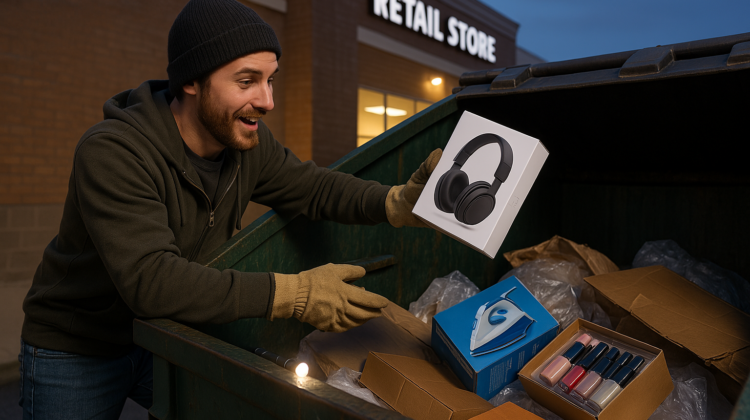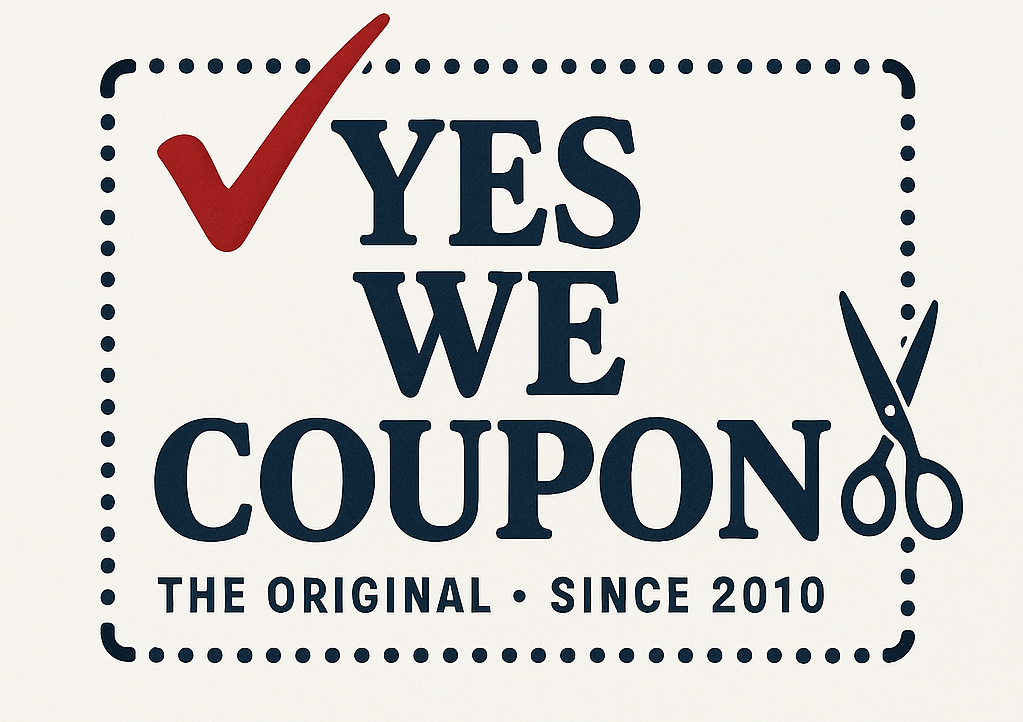
When most people hear “dumpster diving,” they picture someone rummaging through garbage for scraps. But there’s a growing underground (and increasingly open) movement of savvy urban foragers who aren’t looking for leftover food — they’re hunting for brand new, sometimes unopened, products straight from the dumpsters of retail giants.
Yes, you read that right: new, unused products, discarded by stores for reasons that have little to do with the item’s actual condition. If you’ve ever been curious about this unconventional way to save money and discover hidden treasures, buckle up — we’re diving in.
Why Do Retail Stores Throw Away New Products?
It seems wild, but many retail stores regularly toss out perfectly good merchandise. Here’s why:
-
Seasonal Stock Rotation
-
Stores, especially big chains, clear out seasonal inventory quickly to make space for new stock. Think: unsold Christmas decorations in January, or summer items in September.
-
-
Packaging Damage
-
If an item’s box is dented, torn, or slightly dirty, it might not meet “floor standards,” even though the product inside is flawless.
-
-
Returns and Exchanges
-
Some returned items, even if unopened, are not reshelved due to corporate policies or liability concerns.
-
-
Overstock and Shelf Life
-
Non-perishable goods like makeup, toiletries, or household items can be discarded as they approach their sell-by date — despite having plenty of usable life left.
-
-
Display Items
-
Products used for displays or promotions might be tossed after the campaign ends, even if they’ve barely been touched.
-
What Kind of Products Can You Find?
Dumpster divers at retail locations have reported finding:
-
Brand new cosmetics and skincare
-
Toys (especially post-holiday clearances)
-
Home décor and seasonal decorations
-
Office supplies and stationery
-
Electronics accessories (chargers, cables, cases)
-
Non-perishable snacks
-
Pet supplies
-
Small furniture and fixtures from store renovations
While you’re not guaranteed a gold mine every time, consistent divers know that persistence pays off.
Best Types of Stores for Dumpster Diving
Not all stores are created equal in the eyes of a diver. Here’s where your odds improve:
-
Big Box Retailers: These giants have high turnover and strict visual standards.
-
Pharmacies & Drugstores: Beauty products and seasonal items often end up discarded.
-
Craft Stores: Post-holiday markdowns lead to major product purges.
-
Home Goods Stores: Broken sets of dishes or décor can be repurposed or used as-is.
-
Pet Stores: Food close to expiry, toys, and grooming products.
Pro Tip: Avoid grocery stores unless you’re specifically looking for non-perishables. The risk of spoiled food and unsanitary conditions is higher.
Essential Gear for a Safe Dive
Dumpster diving isn’t inherently dangerous, but it helps to be prepared:
-
Sturdy gloves: Protect your hands from sharp objects.
-
Flashlight or headlamp: Especially for night dives.
-
Closed-toe shoes: Safety first.
-
Grabber tool: Handy for reaching items at the bottom.
-
Hand sanitizer and wipes: Trust us, you’ll want them.
-
Vehicle or cart: For hauling larger finds.
Optional but helpful: a buddy! Not only is it safer, but it makes the experience more fun.
Legal and Ethical Considerations
Here’s the part you absolutely need to know:
-
Legality varies by location. In many areas, once trash is in a public dumpster, it’s considered abandoned property. However, if the dumpster is on private property or marked with “No Trespassing” signs, entering could be illegal.
-
Never damage property to access a dumpster. If it’s locked, move on.
-
Always clean up after yourself. Respect the spot and fellow divers.
-
Don’t take personal or sensitive information (like receipts with customer data).
-
Be discreet and polite if approached by staff or security.
Dumpster Diving Etiquette
Believe it or not, there’s a code among divers:
-
Take only what you can use or donate.
-
Leave the area cleaner than you found it.
-
Share intel, not spots. Protect store locations to avoid overexposure.
-
Respect other divers — the community thrives on goodwill.
Tips for Successful Dives
-
Go at the right time. After closing hours or early morning before collection is ideal.
-
Know the trash days. Learn the pickup schedule so you don’t show up to empty bins.
-
Follow local groups. Many communities have social media groups dedicated to urban foraging and dumpster diving.
-
Don’t dive hungry. You’ll make better decisions if you’re not tempted to take unnecessary food finds.
-
Inspect items carefully. Check seals, expiry dates, and for recalls.
Final Thoughts: Treasure in the Trash? Absolutely.
Dumpster diving at retail stores is a mix of environmental activism, smart saving, and good old-fashioned treasure hunting. It’s not just about scoring free stuff — it’s about reducing waste, reclaiming value from discarded goods, and maybe even building a side hustle through resale or donation.
Whether you’re a beginner intrigued by the possibilities, or a seasoned diver looking for new tips, remember: the retail waste stream is enormous, and there’s plenty to go around for those willing to dig (safely) a little deeper.
So grab your gloves, charge your flashlight, and dive in — you never know what you might find!
